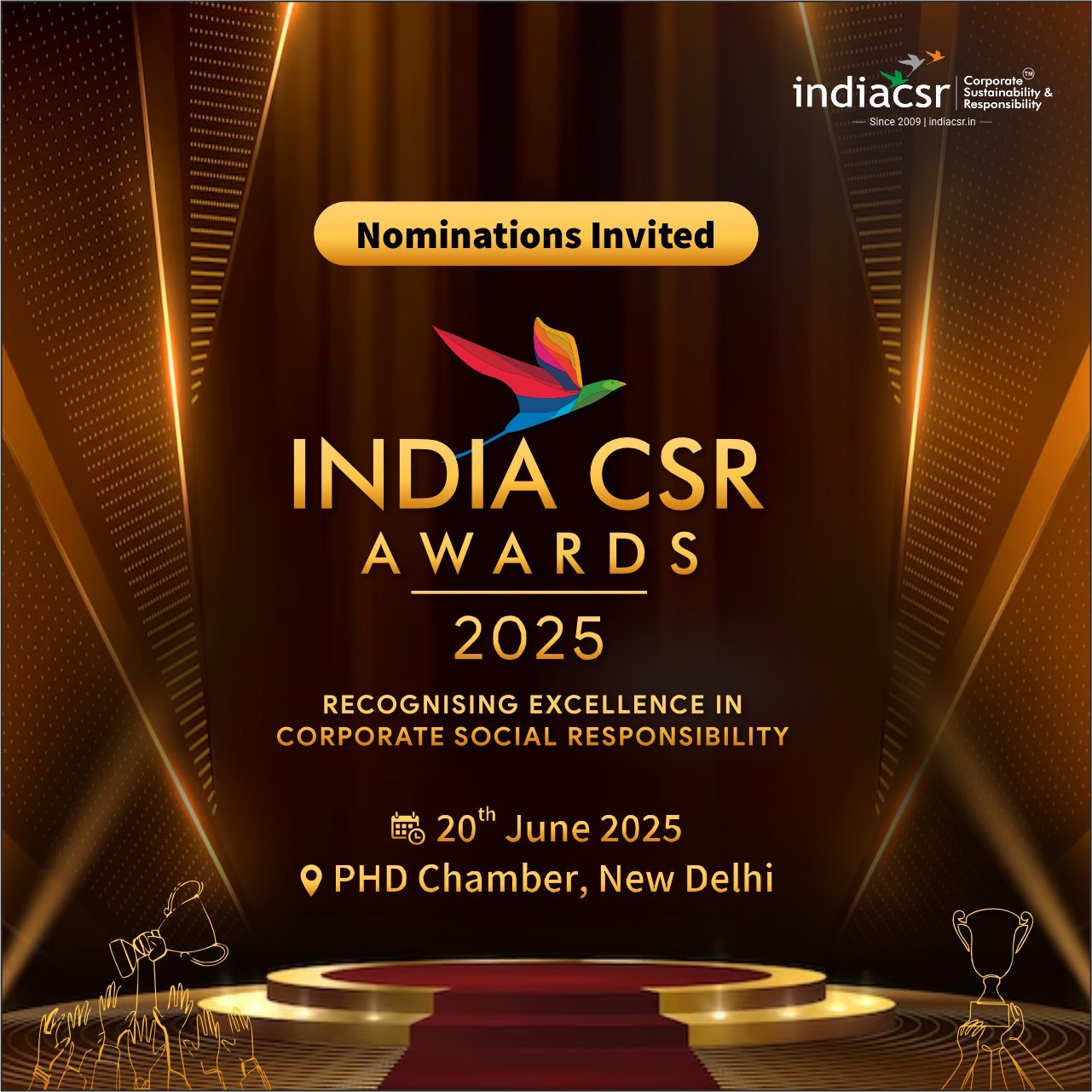It has reported that debates on corporate sustainability get louder by the day. Enticing monikers for doing good are coined. Codes of conduct proliferate and there is much congratulatory backslapping among CEOs on receiving awards and recognition. What is sorely missing is substantive progress on the ground.
Now, a plain-speaking, crack team of 14 leaders have ambushed the debate. It’s ‘The B Team’ of global business, and they are beginning to push a ‘Plan B’ to alter the status quo”the relentless, single-minded pursuit of profits that is endangering the planet and its people. Significantly, on the team’s inaugural in June, it began with a confessional that stated: “The overwhelming conclusion that we have reached is that businesses have been a major contributor to the problems and we, as business leaders, have the responsibility of creating sustainable solutions.”
It’s acknowledged that Plan A ” the current way of doing business ” is “broken” and that it’s “no longer acceptable” to them. “Where we think we will be different,” insists Richard Branson, chairman of the Virgin Group, to Economic Times, “is that we will mostly focus on action.”
New Business Values
The mercurial Branson is co-founder of The B Team, along with Jochen Zeitz, who had, in a ground-breaking move, sought to include externalities into his company’s balance sheet as head of Puma, the sporting goods manufacturer. He released an environmental profit & loss (EP&L) account, calculating the 2010 environmental impact of his company’s operations and supply chain at 145 million (Rs 1,160 crore). Zeitz has been campaigning to reform the regulatory environment that continues with perverse incentives that harm the planet and usher positive incentives that help future bottom lines”maximisation of social, environmental and economic well-being, all together.
The current financial model and reporting frameworks are almost a century old. The B Team, in keeping with its mandate, therefore constitute doers, action-oriented leaders who are upturning existing business architecture and practices, usually against stiff opposition from the entrenched establishment, and suspicion or curiosity from peers. “Over the past 40 years, corporations are failing faster and faster; there is something going on,” explains Bill Drayton of Ashoka, a US-based mentoring organisation for social entrepreneurs that hails the Plan B initiative.
Businesses have been traditionally organised for efficiency, repetition and bigger scale. “This existing structure is failing,” says Drayton, “because it can’t deal with a situation of rapid change.” Businesses of the future will have to be organised differently.
The inaugural B Team leaders, selected over a course of years through a robust process, recognise the ongoing churn, the ever-changing circumstances, and are therefore pushing for business reforms in a particular direction. They have articulated three key challenges: the future of leadership; the future of incentives; and the future of bottom lines. “The three challenges also went through an elaborate vetting process,” reveals Derek Handley, CEO of The B Team.
This was primarily to ensure relevance and alignment to The B Team’s key criteria: transformative capacity, creation of new models and expectations, scalability, and appropriate for business to tackle.
Taking The Lead
The B Team leaders have been already walking the talk for some time now, or as Zetiz likes to say: ‘If we don’t live our codes, they are just words.” Take Paul Polman of Unilever. He is changing the very DNA of his business with the Unilever Sustainable Living Plan (USLP), taking the message even to his over 2 billion consumers. When he started in 2010, he took the risk of offending Wall Street by suspending earnings guidance and quarterly results. “The world’s incentive drivers are too short-term,” Polman told in an earlier interaction.
“One of the main reasons we believe The B Team needs to exist,” says Branson, “is because there is just not enough of the type of action and leadership that Paul and Unilever are taking.”
Ratan Tata in India and Mo Ibrahim across Africa have doggedly focused on governance and the need to address the issue of corruption. Ibrahim, at the kick-off event, insisted “there is no place to hide” and that the sun of transparency is shining all over us. “When everyone knows you don’t pay bribes, no one bothers you,” he told the gathering, on his experiences of running a telecom behemoth.
(Economic Times, 15 August 2013)
📢 Partner with India CSR
Are you looking to publish high-quality blogs or insert relevant backlinks on a leading CSR and sustainability platform? India CSR welcomes business and corporate partnership proposals for guest posting, sponsored content, and contextual link insertions in existing or new articles. Reach our highly engaged audience of business leaders, CSR professionals, NGOs, and policy influencers.
📩 Contact us at: biz@indiacsr.in
🌐 Visit: www.indiacsr.in
Let’s collaborate to amplify your brand’s impact in the CSR and ESG ecosystem.
























